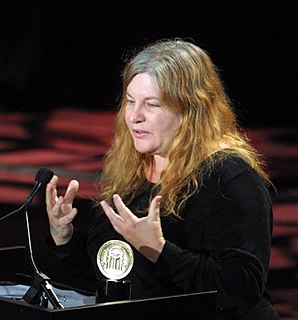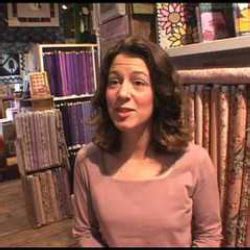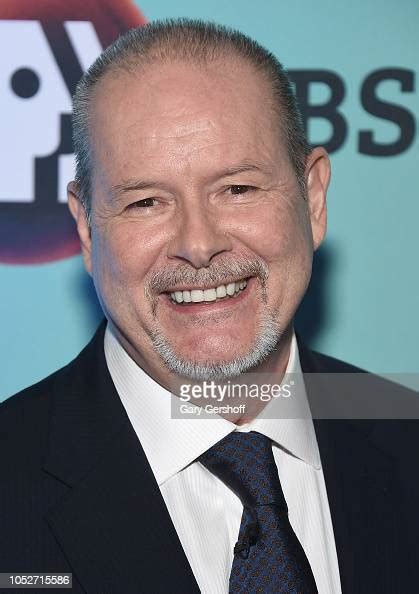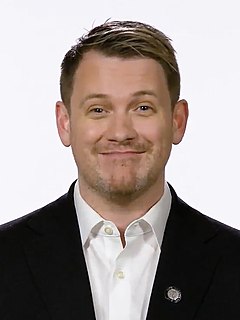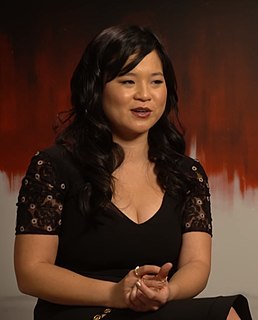A Quote by Derek Cianfrance
I'm not the greatest reader. I feel like I have a bit of dyslexia or something, and that's probably why I became a filmmaker. I have the need to communicate, the need to tell stories; and the need to understand stories led me to movies.
Related Quotes
I don't know that movies are important. But I know that stories are important. Movies may disappear. They've only been around, for God's sake, for the last hundred years... I think that it's the need to tell stories, and that people need to be told stories. It's the old sitting around the fire, you know.
I feel that I'm a spiritual person in that I feel like telling stories is a spiritual exercise and I think that it's something that we need as a culture and as humans. We need for people to put stories up in front of us that we recognize ourselves so that we can see - you need to be able to see something in a finite form in order to identify with it sometimes because your life sprawls before you in this kind of way that you can't capture.
We need more female directors, we also need men to step up and identify with female characters and stories about women. We don't want to create a ghetto where women have to do movies about women. To assume stories about women need to be told by a woman isn't necessarily true, just as stories about men don't need a male director.
Myths are stories for our search through the ages for truth, for meaning, for significance. We all need to tell our story and to understand our story. We all need to understand death and to cope with death, and we all need help in our passages from birth to live and then to death. We need for life to signify, to touch the eternal, to understand the mysterious, to find out who we are.
It seemed to me at an early age that all human communication - whether it's TV, movies, or books - begins with somebody wanting to tell a story. That need to tell, to plug into a universal socket, is probably one of our grandest desires. And the need to hear stories, to live lives other than our own for even the briefest moment, is the key to the magic that was born in our bones.
You search for images and stories and movies and music from people that look like you and sound like you and speak like you because you want to feel like, 'Oh, if they can do it, so can I.' There's a little bit of that need for validation, especially when you're younger and trying to look to someone to look up to.

